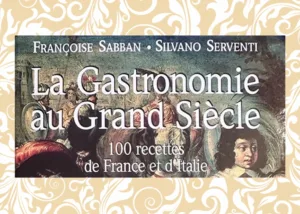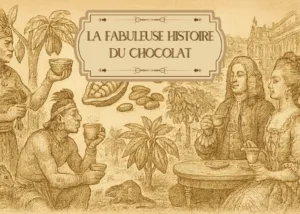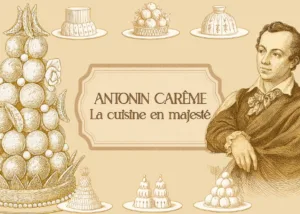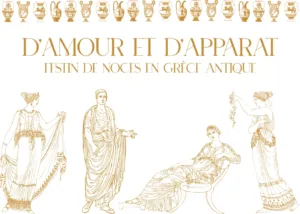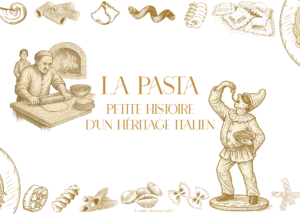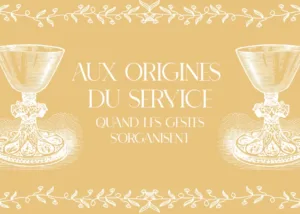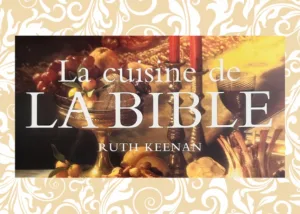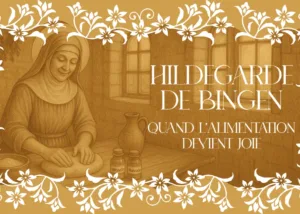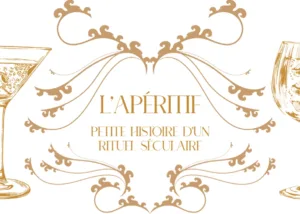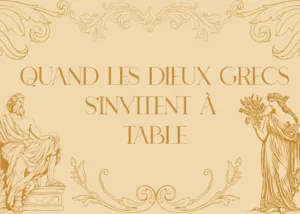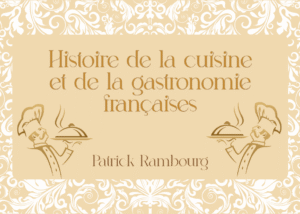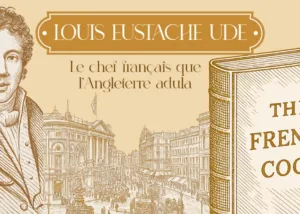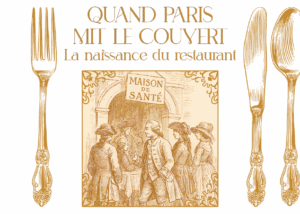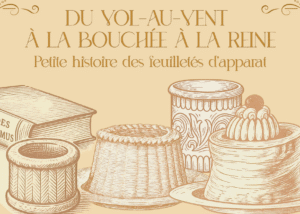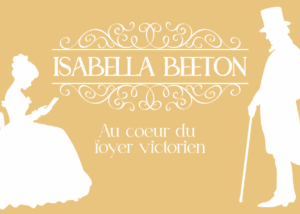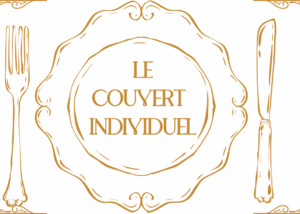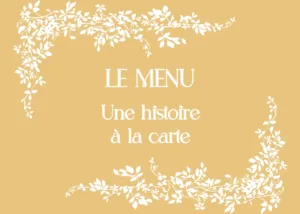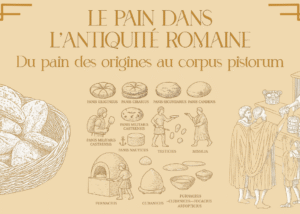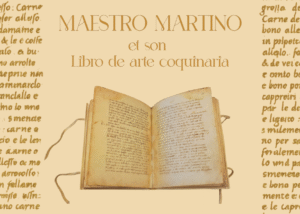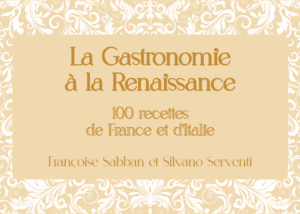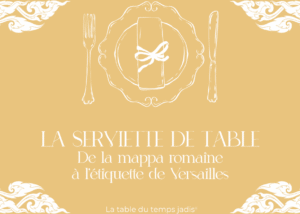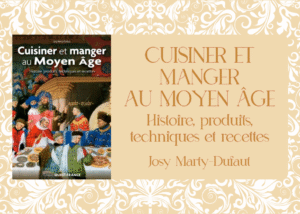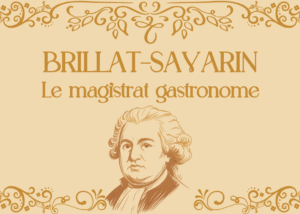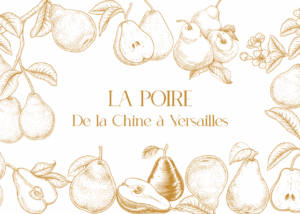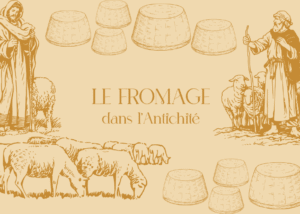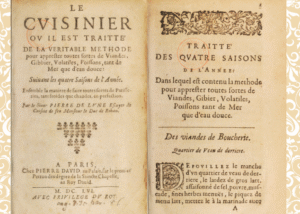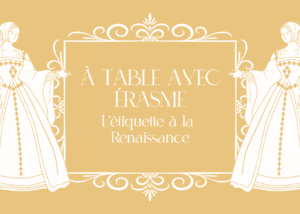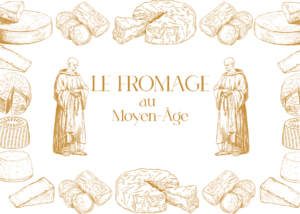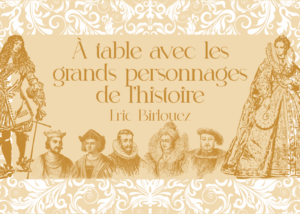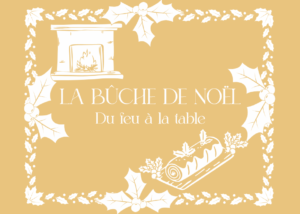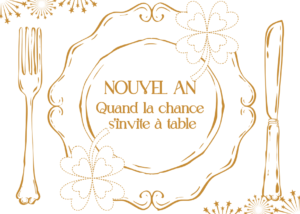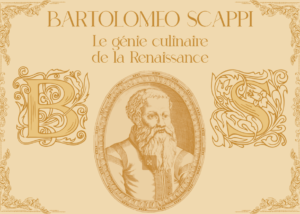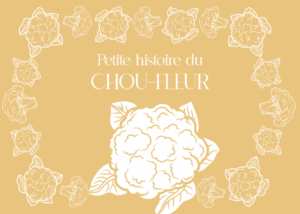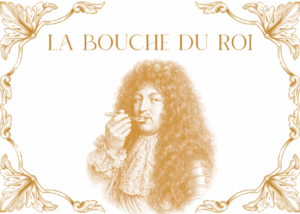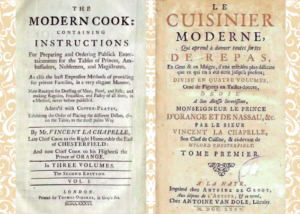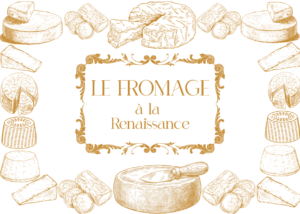When the Greek gods invite themselves to the table
Festins divins, ruses humaines et chaudrons enchantés

Cuisiner n’a pas toujours été un simple art du quotidien. Dans la mythologie grecque, préparer un repas, l’offrir, le partager, relève d’un geste fondateur. Le feu, la nourriture, la table sont autant de symboles puissants, porteurs de risques, d’épreuves, parfois de transgressions.
Prométhée, Tantale, Hestia, Médée, Circé… Ces noms, gravés dans la mémoire antique, disent quelque chose d’essentiel : nourrir, c’est exercer un pouvoir. Le pouvoir d’honorer, de tromper, de soigner ou d’envoûter.
À travers leurs histoires, ce n’est pas seulement la cuisine qui s’invente, mais une certaine vision du monde — où l’acte de cuisiner devient un langage entre les hommes et les dieux. C’est ce fil que je vous invite à suivre, à travers des récits où le fait de nourrir devient un miroir des rapports entre humains et divins.

Hestia : le feu immobile au cœur de la maison
Hestia est la déesse grecque du foyer domestique, fille aînée de Cronos et Rhéa, sœur de Zeus. Peu présente dans les récits héroïques, elle est pourtant au centre de la vie quotidienne : on lui rend hommage à chaque repas, à chaque offrande, dans chaque maison et chaque cité.
Elle veille sur le feu qui réchauffe, nourrit, rassemble. À Delphes, une flamme perpétuelle brûle en son nom. Dans le monde romain, elle devient Vesta : ses prêtresses, les Vestales, veillent nuit et jour sur le feu sacré, garant de l’équilibre de la cité.
Le feu d’Hestia ne dévore pas, il unit. Il chauffe les mets, illumine sans éblouir. C’est autour de lui que l’on prépare la nourriture, que l’on commence et clôt le repas par des gestes rituels. Chez Hestia, la cuisine n’est ni artifice ni démonstration, mais source d’harmonie.

Tantale : festin interdit et punition éternelle
Tantale, roi de Lydie, bénéficiait d’un privilège unique : participer aux banquets des dieux, goûter à l’ambroisie et au nectar, partager la table divine. Mais grisé par cet honneur, il commit l’impensable : voulant les honorer, il leur offrit en sacrifice son propre fils.
Les dieux, horrifiés, mirent fin au festin. Zeus condamna Tantale à une soif et une faim éternelles : plongé dans un cours d’eau, entouré de fruits, il ne pouvait jamais ni boire ni cueillir. À chaque geste, tout se dérobait.
Le fils, Pélops, fut rendu à la vie — doté, dit-on, d’une épaule d’ivoire. Mais la leçon était claire : préparer un plat pour les dieux n’est pas un simple acte d’hospitalité. La cuisine, ici, devient affaire de respect sacré, de frontières entre divin et humain.

Prométhée : celui qui bouleversa l’ordre du repas
Prométhée, Titan ami des hommes, est célèbre pour avoir volé le feu sacré aux dieux — mais ce geste vient après un autre, moins connu et tout aussi fondateur.
Lors d’un sacrifice rituel, il découpe un taureau en deux parts : d’un côté, la chair nourrissante dissimulée sous des déchets ; de l’autre, os et graisse, joliment présentés. Il offre cette dernière part à Zeus, qui la choisit… avant de découvrir la supercherie.
Furieux, le roi des dieux interdit désormais le partage du repas entre dieux et humains. Le feu, qui permet de cuire les viandes, leur est retiré. Mais Prométhée le ramène discrètement, dissimulé dans une tige de fenouil. Pour cette ruse, il sera enchaîné et cruellement puni.
Depuis, les sacrifices faits aux dieux ne leur offrent que fumée et graisse ; la chair, elle, reste à la table des hommes. Ce mythe est souvent lu comme l’acte fondateur de la cuisine humaine : un art né d’une ruse culinaire, d’un partage trompeur, et d’un feu volé.

Médée, Circé et les chaudrons de transformation
Médée, magicienne de Colchide, est connue pour ses savoirs surnaturels autant que pour ses gestes tragiques. Circé, fille d’Hélios, vit sur une île lointaine, où elle accueille les voyageurs… pour mieux les transformer.
Toutes deux maîtrisent l’art du chaudron magique. Médée y plonge un bélier qu’elle rend à la vie. Circé y verse ses potions, ses infusions, ses breuvages mystérieux, capables de changer l’apparence et l’essence des hommes.
Chez elles, cuire, mijoter, infuser, c’est métamorphoser. Ces gestes, à la fois culinaires et magiques, révèlent une autre dimension du pouvoir féminin : celui de nourrir, d’envoûter, de transformer.
Ces récits ne sont pas des recettes, mais des reflets. Ils racontent comment le feu, le repas, le don ou le sacrifice ont nourri l’imaginaire grec. Et bien qu’ils relèvent de la mythologie, ils offrent une lecture symbolique de la cuisine : comme un acte de partage, de pouvoir, de mémoire.
J’ai découvert cette interprétation dans l’ouvrage Grande et petite histoire des cuisiniers de l’Antiquité à nos jours, écrit par Maguelonne Toussaint-Samat. Elle m’a semblé à la fois riche et évocatrice — et j’ai eu envie de la partager ici avec vous, sur le blog de La table du temps jadis.

Find other blog articles
Find other blog articles



